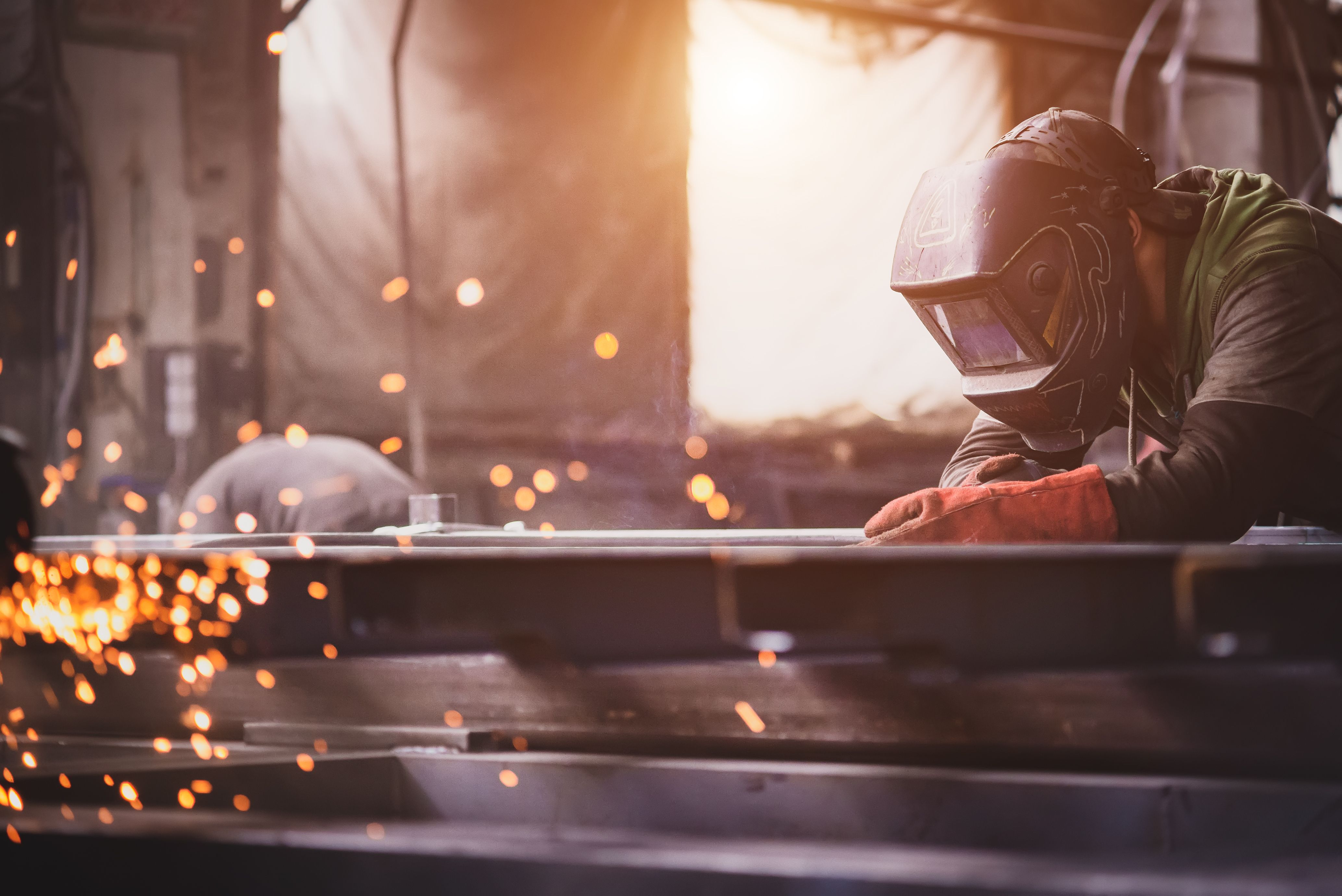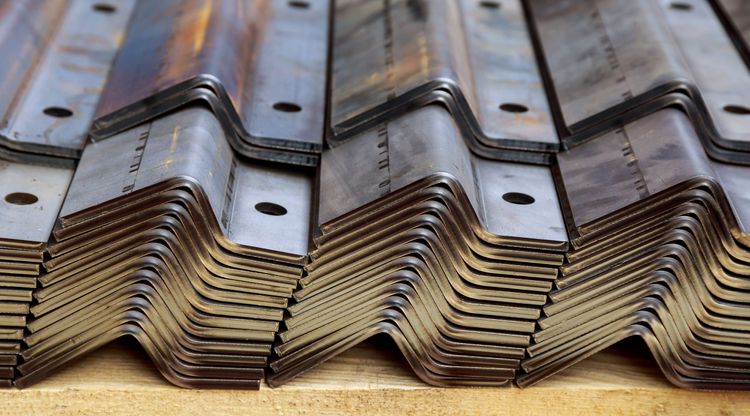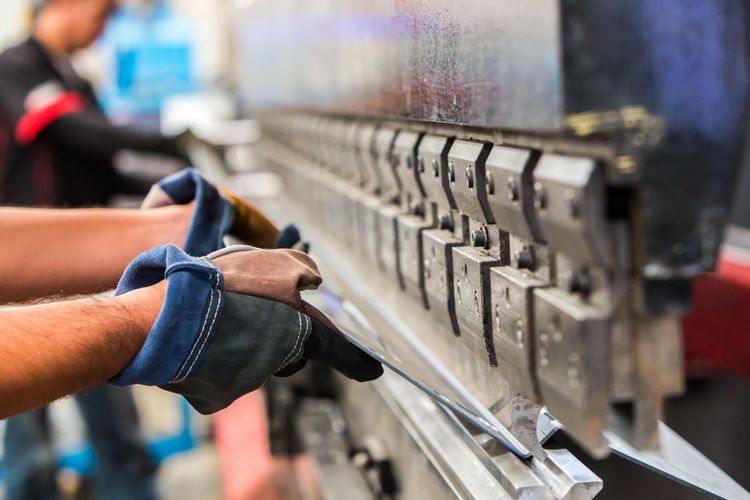Quality control is defined as a series of standards designed to measure quality. These standards serve as the guidelines for safety, cost reduction, compliance and strength, which are especially important in the steel fabrication process.
Thorough quality control, during the fabrication process, plays an important role in production. Besides improving your final product, quality complaint products also add to your reputation. On the other hand, if the finished products do not meet the necessary quality standards, there are risks of penalties, charges and related liabilities for both the manufacturer and the buyer.
Apart from the above, steel quality control is also vital for the following reasons.
1. Quality and Consistency – For a product to last longer, quality is imperative. When considering the quality of steel fabrication, it is important to assess things like alloy composition, the formation process, etc. Therefore, quality control begins right from the selection of material to the actual production of goods. Quality products not only result in the desired output but also ensures consistency in the manufacturing process.
2. Risk mitigation – A meticulous quality control process reduces the hazards associated with steel fabrication. Regular re-evaluation of fabrication designs allows the manufacturer to segregate faulty products.
3. Cost Reduction – There is a staggering cost associated with running a steel fabrication plant. It is vital to reduce such costs without compromising the quality and health of the workers. Quality control reduces the number of errors which in turn lessens input materials and waste.
4. Compliance – All fabricated materials must meet industrial quality standards. It can be vetted through certifications, licenses, accreditations and other permits and documentation. Proper compliance enhances the manufacturer’s credibility and reputation






 +91 7208055523
+91 7208055523
 Help & support
Help & support
